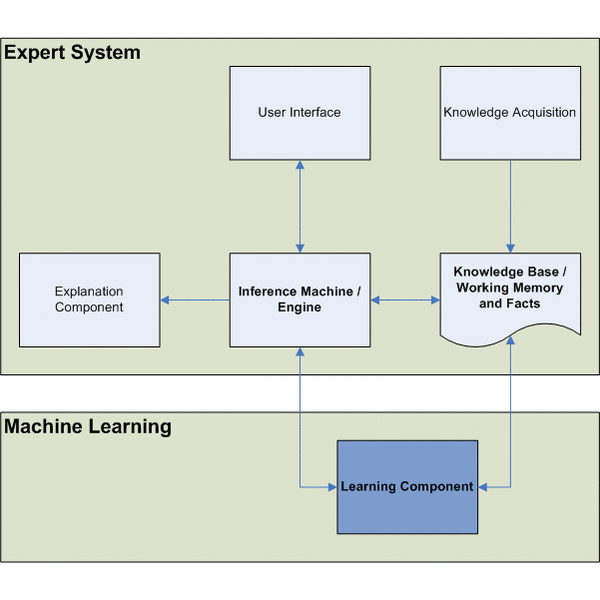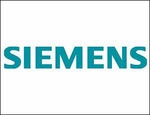
Dr.-Ing. Konrad Sickel
Alumnus of the Pattern Recognition Lab of the Friedrich-Alexander-Universität Erlangen-Nürnberg
During the production of medical prosthesis it is often necessary to customize the product for a patient. Today this is done by skilled operators using specialized CAD software. The virtual models are produced by rapid prototyping techniques like 3D-Printing or stereolithography.
The main disadvantage of the current approach is the dependency on the human expert. The reasons are mainly, that the results are not consistent and the process is usually time consuming and tedious, which makes it error prone.
Abstract:
To avoid the disadvantages caused by human interaction an expert system is developed. First step is to acquire the expert knowledge of the operators and represent it. The knowledge can then be used by the inference machine of the EPS to make suggestion to the operators what to do next. The rules of the knowledge base are mainly based on patterns / feature points defined by written work instructions and interviews of experts.
 |
Abstract:
Goal of this project is to improve the performance of the developed expert system. Therefore a prototype system is used by an industry partner in a semi-automatic mode. This allows the user to correct mistakes of the EPS. For later analysis the difference between EPS and user is stored.
The tool shall be able to analyze the stored information and make suggestions how a certain rule of the knowledge base should be modified.
Abstract:
In this project a genetic programming framework is developed. The framework shall allow the breeding of computer programs in a special rule language. These rules can then be used to replace or modify existing rules in the knowledge base of the EPS.
Abstract:
The developed EPS strongly depends on the knowledge base on one hand and on a good feature detection on the other hand.
The feature detection is quite challenging due to the fact that organic shapes like ears and teethes are roughly similar, but nevertheless contain strong variations in size and shape. To accommodate this fact we will use clustering as means to stabilize the feature detection.
This will be done by building clusters for the different kind of variations in the data and manually label the cluster centers. New data will be first registered with the cluster centers to identify the best cluster. The labeled information of this cluster will then be used to provide a very robust and accurate starting point for a final algorithmic based feature detection.

My research work is supportet by ![]() Siemens in close cooperation with Siemens Corporate Reseach in Princeton, NJ, USA.
Siemens in close cooperation with Siemens Corporate Reseach in Princeton, NJ, USA.




